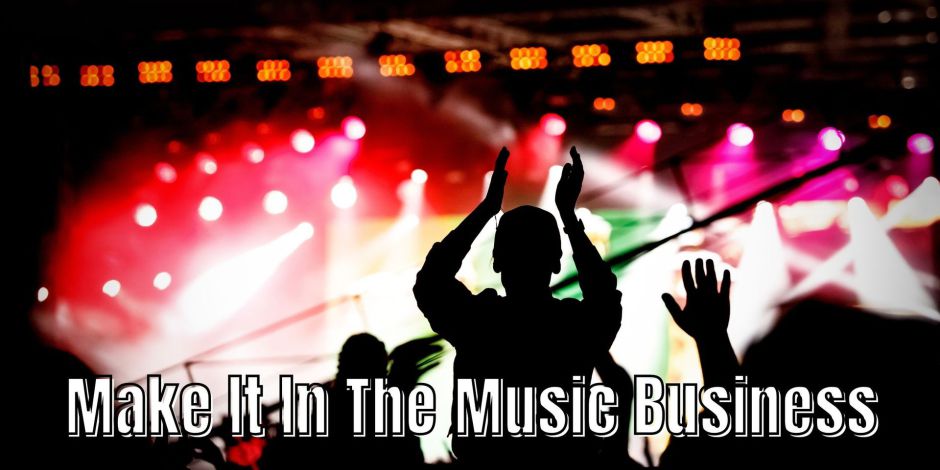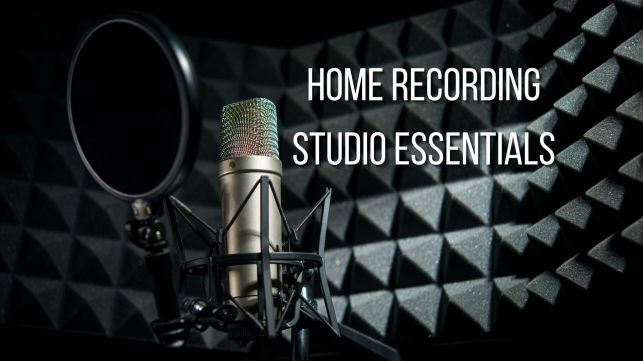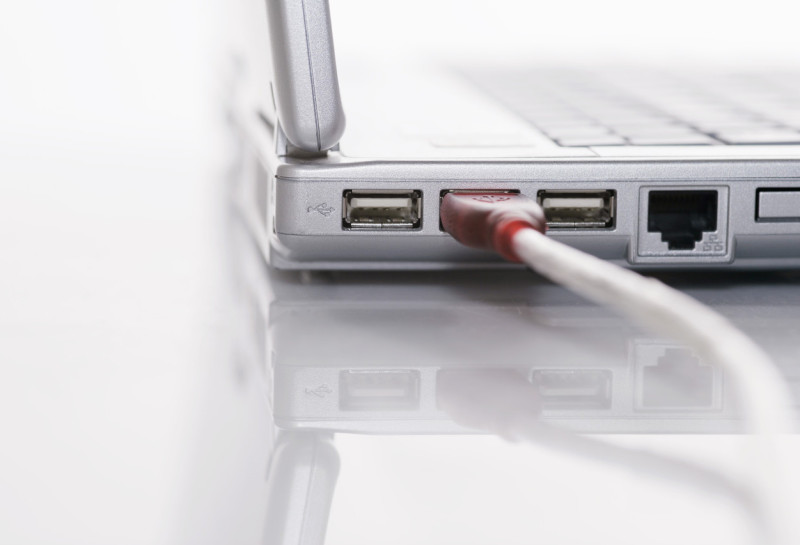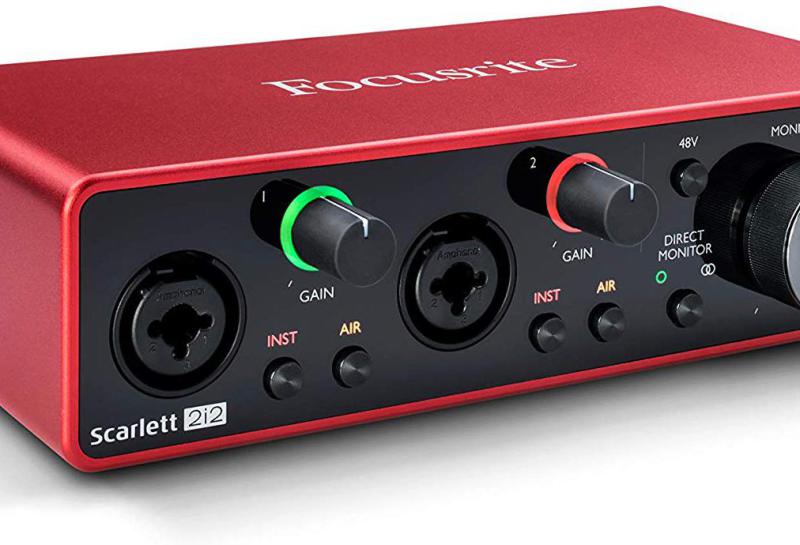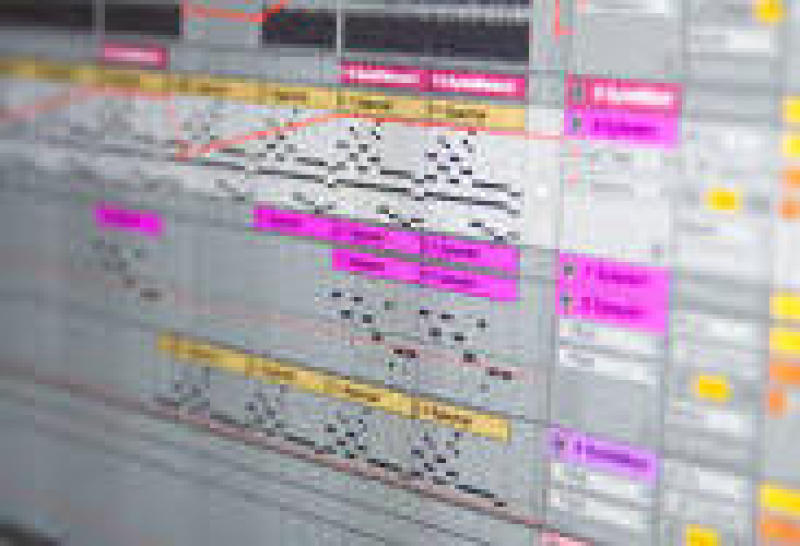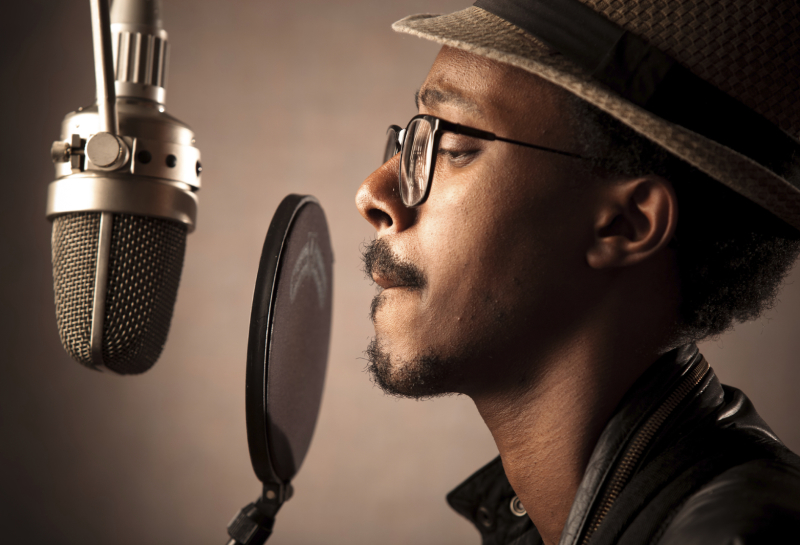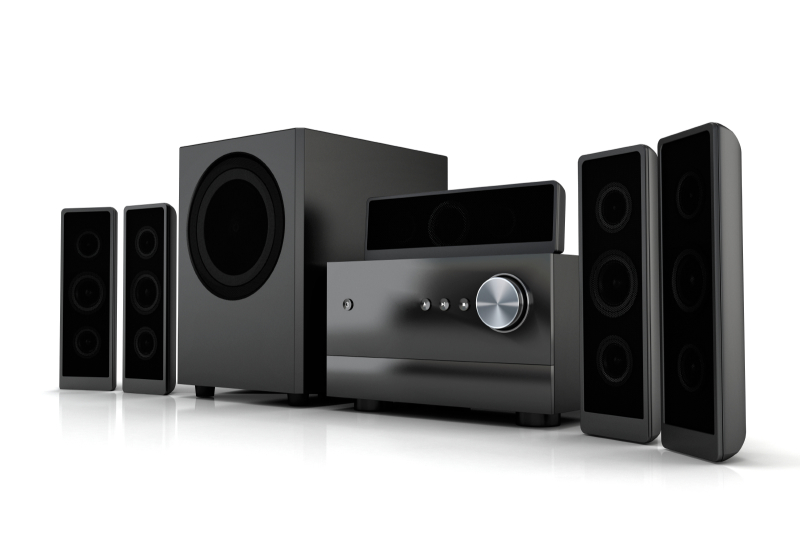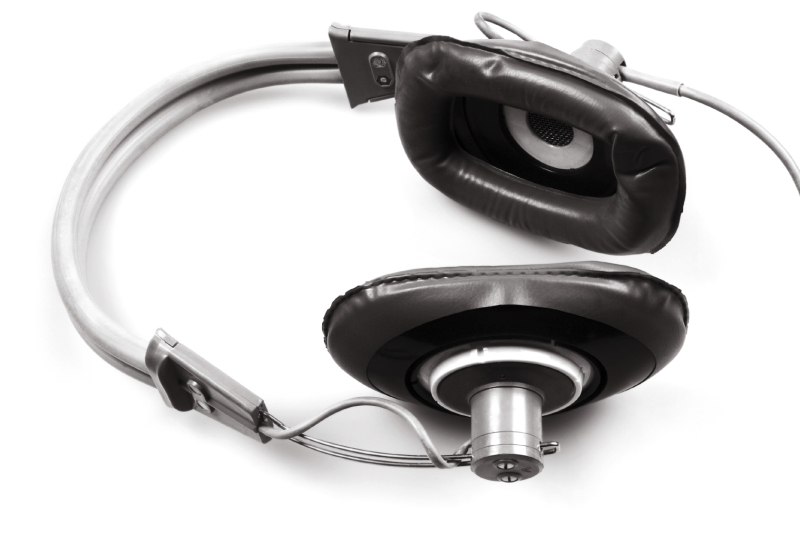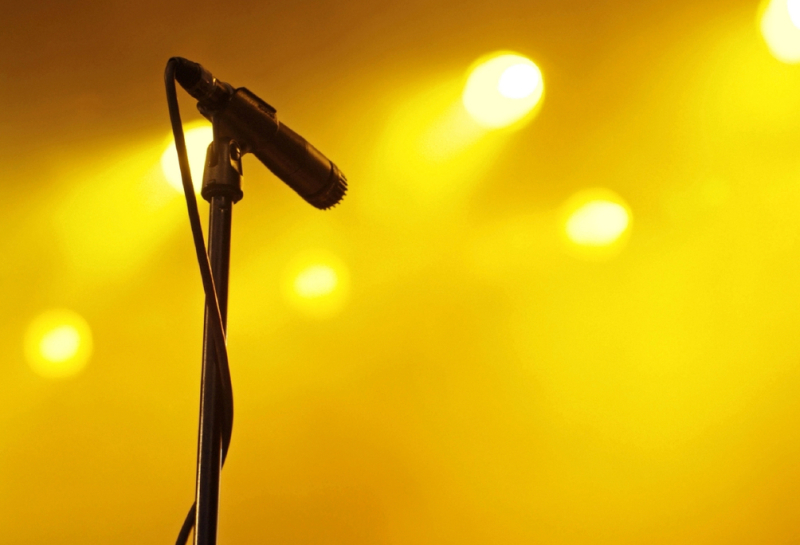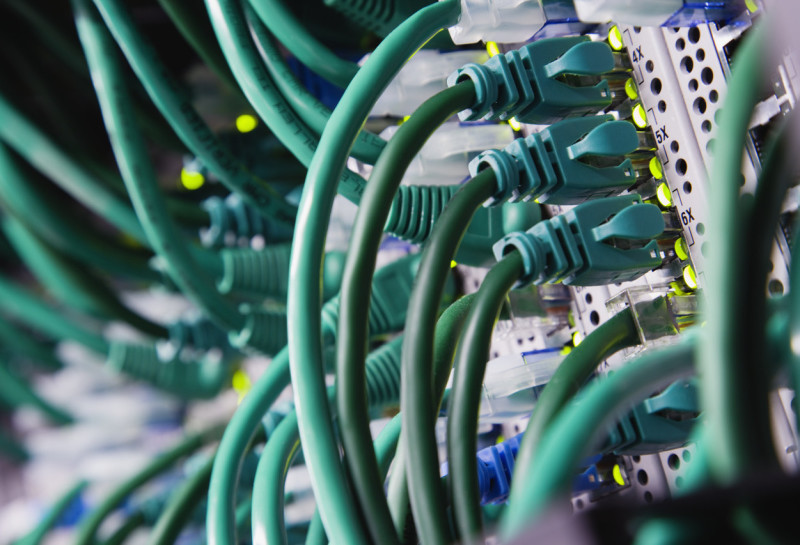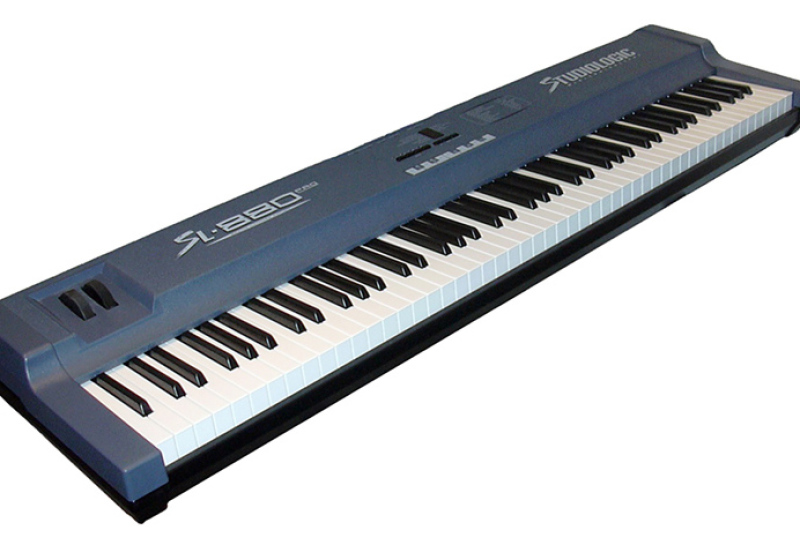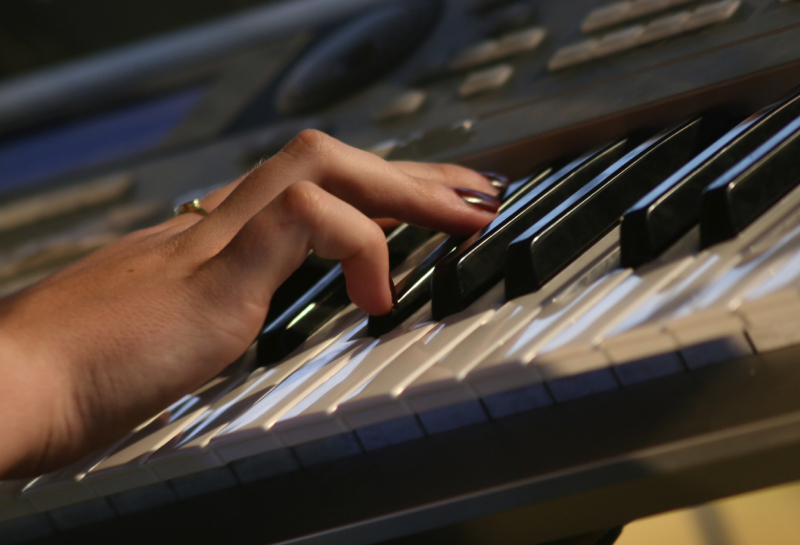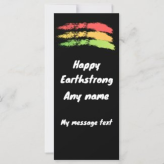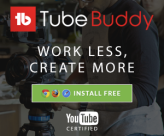Do you want to follow your dream of producing your own songs but believe it is really expensive? That it will take months to put together? Well, your first recording could be days away.
If you have a dream to record and produce your own music, then, welcome and yes you can! This website and the songs I have produced are a testament to what is possible if you have the passion and
the planning. I started out like you, with a dream and having a home studio was key to my dream being realized.
To get started you only need a few basic essentials which you can add to over time or upgrade depending on your goals and how much of the studio craft you want to take on. So let's look at what
you need to think about.
The first thing I would say is to keep it simple. Though keeping it simple does not mean you can't produce a quality production. There are many topics to learn about so having a simple setup helps
to stop you being buried under a mountain of studio recording concepts and technical jargon.
However, keeping it simple doesn't mean keeping it cheap. The industry e.g. digital distribution stores like iTunes, radio stations and mix and mastering services expect a certain standard of
quality. To maintain quality in your productions you need to have a decent standard across all your studio equipment.
So when purchasing recording equipment for your home studio, don't go for the cheapest of the cheap unless this is your only option. If you do, recognize that this may limit your options for
promotion and/or the commercial viability of your production.
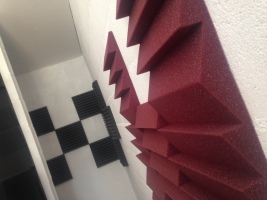 Your home studio design will depend on your choice of studio space
Your home studio design will depend on your choice of studio space
You need to ask yourself a couple of questions before you embark on kitting out your home studio.
- What will I be recording
- Where is my home studio going to be?
- Why am I doing this? Is it long term or temporary, should the studio be permanent or mobile?
Your answers will affect the choices you make for your setup.
What will you record? Compare a singer-songwriter to a 5 piece band. Without even considering space you can probably envisage the need for more microphones, headphones and cables
to record the band.
Where will you be recording? will decide how much space you have for equipment and musicians. If it is noisy more soundproofing will be needed. Bear in mind that even with
soundproofing if you have neighbours they could still be affected by the sound and conversely their noise can affect the quality of your recordings. If you have a choice a bigger space gives you more
options.
Why do you want a home studio will decide how easy you want to be able to dismantle and re-assemble your studio. For example, if you want to find a bigger space in the near
future you don't want to spend a fortune on soundproofing that may have to be left behind. This can also impact your choice of equipment e.g. desktop or laptop.
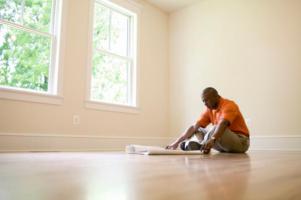 Success depends on planning and preparation
Success depends on planning and preparation
You may have heard the mantra 'Fail to prepare, prepare to fail', well, planning and preparation are key to reducing the problems you will come up against. These can be more expensive to resolve
the later they emerge.
I have covered planning in my guide How to be a music maker success story, however, in summary, create a list of the tasks (a plan) to be
carried out and the purchases to be made. This helps to control the budget and decision making. Always keep in mind the what, where and why.
One of the good things about having a plan is that it motivates which is why planning leads to success.
Now that you have a plan the first task is to clear and prepare the area or room in readiness for your equipment.
Check these basic home studio equipment essentials to see that you have included them in your plan. They will deliver a simple functioning studio where you
can hone your skills and then expand as your skills, experience and requirements grow. For example, you might want to buy a proper studio desk to house your expanding recording equipment.
This is likely to be one of the more costlier items of expenditure. At this point, you need to take a view on whether to invest in a computer specifically for your music production. You are likely
to already have a laptop and if it is of a reasonably high spec, it is likely to be sufficient to get you started.
The audio interface is the link between your computer and the rest of your equipment and instruments e.g. microphones and monitor speakers. It can be bought separately but commonly is sold with
digital audio workstation (DAW) software as a bundle.
Purchasing the interface and DAW as a bundle is often cheaper and ensures that there are no compatibility issues.
The DAW is the application software used for recording, audio editing and producing audio files. This is where you manage your songs audio files. Like any category of software, there are differing
opinions on which is the best. One of the most popular is Pro Tools. Although, there is free software like Audacity.
The choice will be yours or maybe made for you as some laptops now come with music editing software already built-in or your audio interface is sold with the software as a bundle.
However, if you can purchase one of the leading DAWs like Pro-Tools you will find it easier to work with third parties.
Microphones are one of the items that will proliferate over time as there are different microphones that are better suited for different instruments and voices. But to start out I would recommend
having at least two.
Firstly, to be able to have an option with regard to sound and secondly, because they are sensitive and can be fragile so you want a backup. Start out by buying as good
as you can afford. You can always upgrade later.
Along with the microphone buy a pop filter. This stops some of the ugly sounds that are produced e.g. when P is pronounced and also helps to protect your
microphone.
Traditionally, playback and analysing your recording has been done through speakers aka studio monitors. Due to space and noise issues most home studios now use headphones.
However, studio monitors are designed to give a flatter non-enhanced sound (compared to consumer speakers) for better objectivity. Also, hearing your music as it reacts with the acoustics of the
room gives a different perspective as opposed to hearing it through headphones.
As mentioned above most home studios use headphones due to space and noise restrictions. There are two types closed back and open back. But for starting out closed back are the only ones that I
would regard as essential.
If you are going to be recording with a vocalist from the start, I would suggest buying two pairs. If not, then one pair will be sufficient.
These are essential for any studio and you will find that having a variety of stands will help resolve a lot of space and recording issues.
Not all microphone stands are built the same. They may look the same but I would definitely invest in decent ones. After investing in a quality microphone the last thing you want is to see it
crashing to the floor because the stand is not stable.
These are items that will proliferate as you buy more equipment and dependent on the number of musicians you are recording at any one time. They are also an integral part of delivering quality
sound.
There are many that you will need depending on what needs to be connected. This can be aided by having a selection of adapters which really help out with the endless combinations that need to be
catered for.
In the modern-day home studio, you are likely to be using virtual instruments (sounds generated by plugins on your DAW). These need to be triggered by a 'Controller' which tends to be pads or a master keyboard or both.
A keyboard controller can range from 25 keys to a full piano keyboard of 88 keys. Personally, I think a keyboard offers more options especially if you are trying to reproduce the sound of
conventional instruments.
If you are using a master keyboard MIDI controller having some basic keyboard skills can really help with music production.
So, if you don't have these skills at the moment don't worry. With a good course, it doesn't take long to attain the basic level you need.
With the above items, you can have a functioning home studio and be on your way as a music maker. You can view my studio equipment
supplier page for recommendations.
There are other accessories that you can buy like acoustic treatment for your room, USB hubs, backup drives etc. However, the most important thing is to get your home studio up and running, then,
upgrade later.
Good luck.
